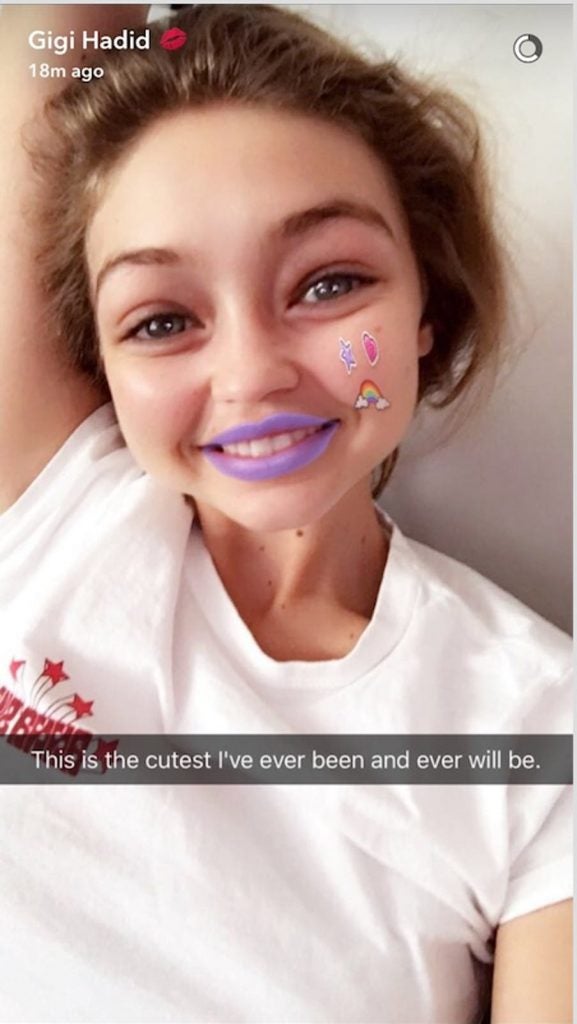Snapchat dysmorphia? Plastic surgery requests linked to flaw-concealing filters

Real-life plastic surgery requests are being driven by a desire to look better in selfies, according to a troubling new report. Cosmetic surgeons interviewed by Inverse, say clients are also willing to go under the knife to replicate how they look in Snapchat filters.
The condition has been coined Snapchat dysmorphia, a new sub-category of body dysmorphia, and is described as the pursuit of unachievable perfection offered by filters that iron out perceived physical flaws. Instead of bringing in airbrushed photos of their favourite celebrities, those seeking surgical modification are now using favourite filtered selfies.
“People bring in photos of themselves at certain angles or with certain kinds of lighting,” says Dr. Neelam Vashi, the director of the Ethnic Skin Center at Boston Medical Center. “I just see a lot of images that are just really unrealistic, and it sets up unrealistic expectations for patients because they’re trying to look like a fantasized version of themselves.”
Related: How do delete your Snapchat account
According to the American Academy of Facial and Reconstructive Plastic Surgery, 55% of clinicians saw patients “wanted to look better in their selfies.” That’s up 13% from 2017. Dr. Vashi says, in her experience, patients are asking for larger lips, eyes and more symmetrical feature – kind of like the artificial beautifying effects offered by the butterfly and flower crown filters within Snapchat.
“People have asked me to reshape their nose, or maybe give them fuller lips. But it’s usually asymmetry that they want corrected,” she says.

Image credit: Inverse
Kaylee Kruzan, who is a PhD candidate at the Cornell Social Media Lab believes these filters are encouraging users to see themselves in a third-person perspective.
“Snapchat and Instagram certainly have the potential to affect the way people view their own bodies,” she says. “Social media platforms like Snapchat, Instagram, Facebook constrain users to see their bodies from a third person or observers perspective. This can lead to body objectification, which we know is linked to poor mental health and well-being.”
With an ever-increasing array of new Snapchat and Instagram filters rolling out to perfection seeking users the increase is unlikely to abate. Dr. Vashi adds: “It’s definitely on the rise. Plastic surgeons will be dealing with this for years to come.”
Are you a sucker for a good Snapchat filter? Drop us a line @TrustedReviews on Twitter.


